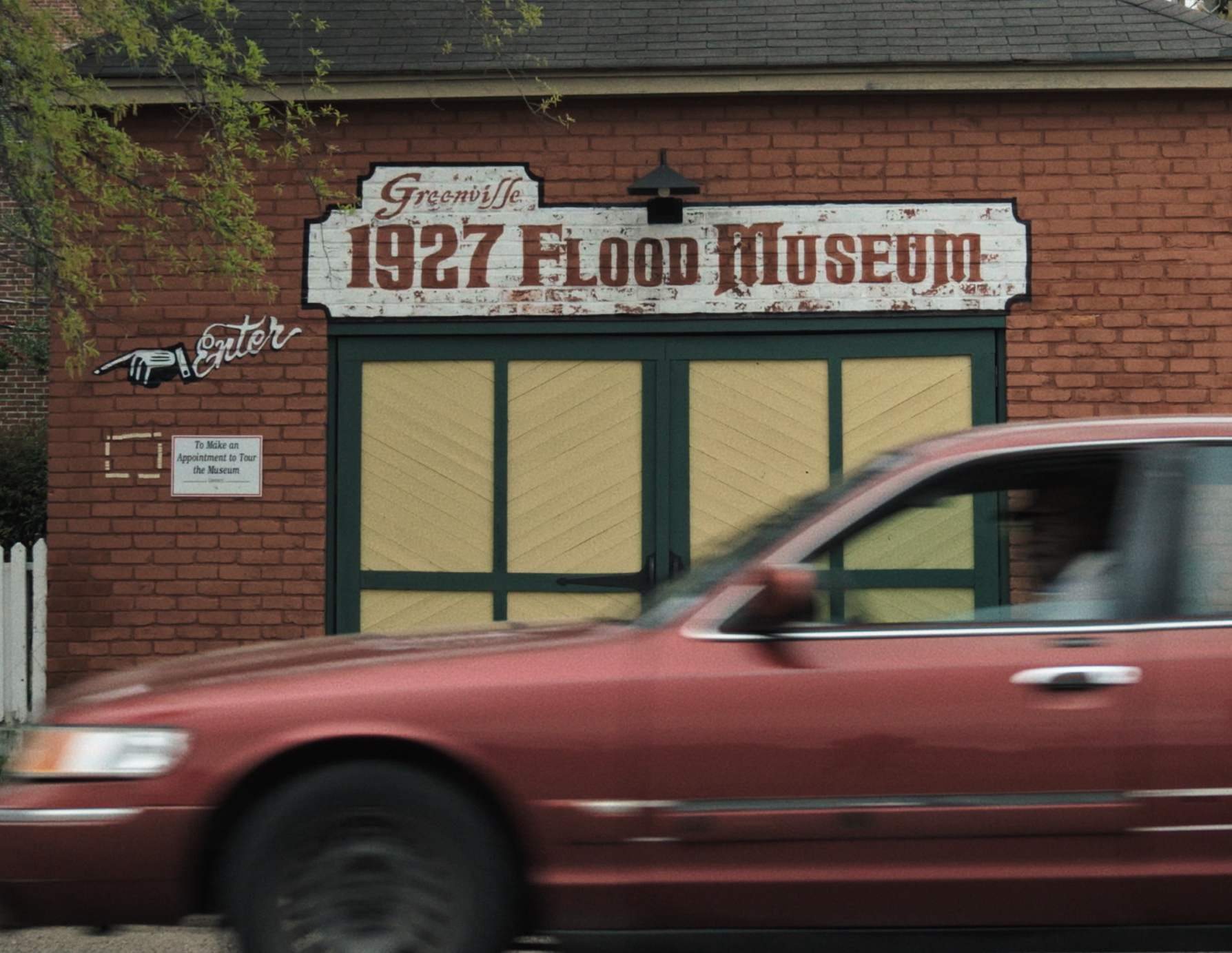Any time spent with the subject of Gore Vidal: The United States of Amnesia, even two years after his death, is bound to be distinguished by several things: withering wit, a strong liberal perspective and snarky pronouncements delivered with a voice as elegant and hard as cut crystal.
It’s difficult to get far from the word curmudgeon when talking about Vidal. Perhaps, when he was younger, raconteur or provocateur or some such words were more often applied. All his life, as a novelist but especially as a very public pundit, he was always preserving his self-identification as He Who Is Always Right.
Nicholas Wrathall’s hagiographic documentary, made with Vidal’s participation while alive, covers the basic early biography: born silver-spoon-in-mouth, with a crazy drunken mother, adored grandfather and surrounded by an upper-crust milieu that Gene Vidal turned his back on. (He changed his first name to Gore in honor of that grandfather, the senator Thomas Gore.) He published his first novel at age 19; became a scandalous success with his next, The City and the Pillar, considered one of the first mainstream books (it was a best seller) to address gay sex; was blacklisted by the New York Times in consequence of its subject; and turned to writing for theater, TV and film to supplement the income he lost by not having his subsequent books reviewed by the Times.
His novels include the raunchy but prescient transgender comedy Myra Breckinridge (don’t go anywhere near the movie version, fair warning) and his “American trilogy” that began with Burr. He also ran for public office, twice; he was pals with JFK, who married Vidal’s sort-of-step-cousin Jacqueline Bouvier, and he knew the dangers of charm over substance. But rather like his seminemesis Truman Capote, Vidal largely became famous for being famous, showing up on talk shows or for the 1968 debates, coinciding with the presidential conventions, opposite William F. Buckley. The famous exchange, with Gore calling Buckley a “crypto-Nazi” and Buckley responding that he’d like to sock the “queer” Gore in the face, is duly excerpted here.
Silver-tongued, but so astonishingly self-impressed — to the exclusion of anyone who actually shares his opinions — Vidal comes off as someone who chose to defy John Donne’s notion that no man is an island. You can almost imagine him patrolling the shoreline, kicking his tasseled loafers at anyone daring to crawl out of the waters and onto his beach.
A striking case in point: Vidal anointed the late Christopher Hitchens as his intellectual successor (or, in the natural Vidal parlance, his delfino or dauphin), but when Hitchens’ politics modulated after 9/11, Vidal shrugged him off. The documentary features a scene of a book signing, where Vidal pettily cold-shoulders Hitchens. (It’s too easy to imagine Vidal relishing the much younger man’s death the year before his own.)
Though it means to be laudatory, Amnesia presents a portrait of Vidal as less a Cassandra about the hypocrisy of the American political system, and more of an erudite scold. Depending on his needs at the moment, he comes off as either an intellectual prude or a cultural whore, entertaining media and movie stars at the cliffside home he shared in Ravello, Italy, with his companion of decades, Howard Austen.
“I never miss a chance to have sex or appear on television,” is one of Vidal’s famous bon mots. But while Amnesia notes Austen’s longevity in the writer’s life, the movie misses one of Vidal’s more interesting and troubling contradictions. He was a spokesman for gay causes only when it suited him. He spent much of his life in seeming retreat from the dialogue he initiated with The City and the Pillar. He claimed there was no such thing as a homosexual, only homosexual acts, and to his end he identified as bisexual (though no female sexual partner seems to have ever existed).
That’s a personal peeve. A critic’s job isn’t to talk about the movie he wishes had been made, but the one he watched. So, back to the point: United States of Amnesia is pretty much a — watchable — mess. There’s no narration, very little cohesion. It skips from one glancing topic to the next (books, politics, Italy, love life, Hollywood), supported by relevant footage of Vidal, across the generations, opining on said topic. (In the same sequence, we can see the plush-lipped satyr in his 20s become a wrinkled, bloated, wheelchaired thing in his 80s; both pontificate.)
However haphazardly put together the film is, it starts memorably, with Vidal standing beside the tombstone he would share with Austen, who checked into their shared plot in 2003. Looking around at the Rock Creek cemetery, he drily muses, “I know a lot of people underground here.” It’s hard to imagine the mix of happiness and residual anxiety those dearly (and otherwise) departed must have felt when he took his place among them again.
http://youtu.be/INW6i6K1NmQ
Gore Vidal: The United States of Amnesia. A documentary directed by Nicholas Wrathall. Unrated. 89 minutes. At Landmark Midtown Art Cinema.








